In the following sentence, which is the SUBJECT/NOUN?
In 1912, the Nationalists took over China.
Nationalists
This "first emperor" had his mother banished, killed his step-father, and created his own terra cotta army and tomb.
Shi Huangdi
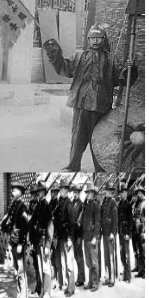 They hated foreigners, liked martial arts, and thought that bullets couldn't harm them!
They hated foreigners, liked martial arts, and thought that bullets couldn't harm them!
the Boxers
Britain wanted THESE THREE goods from China, which resulted in Britain having a trade deficit with China.

During the Qing Dynasty, they were isolationist, and referred to outsiders as _____________.
Barbarians!
A simple sentence contains which two parts of speech?
A noun and a verb
He created the Open Door Policy in 1899.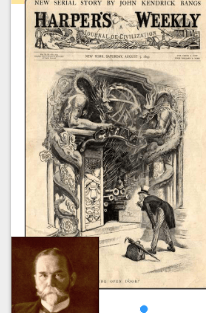
John Hay
Name ONE provision of the Treaty of Nanjing.
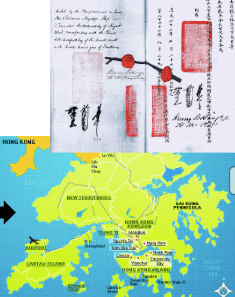
1. Hong Kong was given to Britain
2. China was forced to open 5 new ports
3. China was forced to lower tariffs to 5%
4. Westerners in China would be tried by Western laws and officials from their own countries.
Britain started to smuggle opium into China to get out of paying ___________?
(insert correct vocab word)
Tariffs
Products and items purchased from another country are ________________.
(insert vocab word)
imports
Yellow or Yangtze
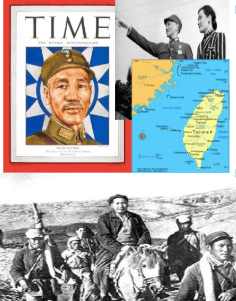 He fled to Taiwan with the Kuomintang after being defeated in the Chinese Civil War.
He fled to Taiwan with the Kuomintang after being defeated in the Chinese Civil War.
Chiang Kai-Shek
Which group won the Chinese Civil War in 1949?
the Communists
This U.S. commodore visited Japan in 1853 and forced the Japanese to trade.
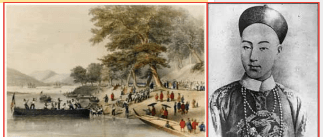
Commodore Matthew Perry
India
The Island of Taiwan is _________ of the Chinese mainland. (insert direction)
East
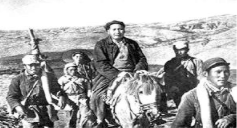 He was the leader of China's communists and won the Civil War in 1949.
He was the leader of China's communists and won the Civil War in 1949.
Mao Zedong
This was the 1937 "incident" where Japanese troops killed 150-500 thousand Chinese.
Rape of Nanjing
This Second Opium War Treaty forced the Chinese to legalize opium.
Treaty of Tianjin
During the Korean War, in response to General MacArthur’s push beyond THIS parallel, China’s army entered the war.
The 38th Parallel
The Great wall of China is located in the _________ part of China. (insert direction)
North/Northern
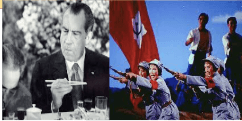 He was the first U.S. President to travel to communist China.
He was the first U.S. President to travel to communist China.
Richard Nixon
The U.S. and China fought against each other in this conflict that started in 1950?
Korean War
When the U.S. and western nations wanted to improve international relations (and trade!) with China in the 1970s, what happened to Taiwan as a result?
Their seat on the UN Security Council/ General Assembly was given to the PRC (People's Republic of China)
This barred Chinese laborers from entering the US and denied them naturalization, and wasn't repealed until 1943.
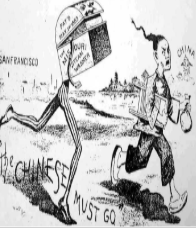
Chinese Exclusion Act of 1882.